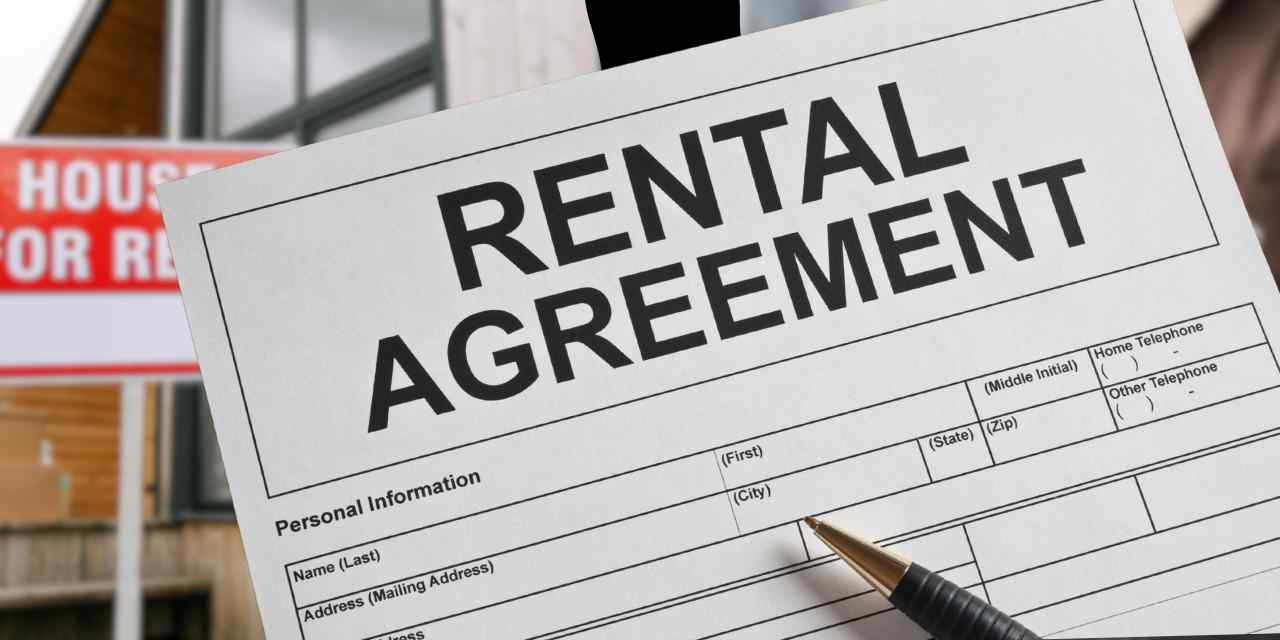
The federal government’s 2025 budget proposal has sparked alarm across the country.
A major part of the plan involves slashing federal housing assistance—particularly the Section 8 voucher program. This could disrupt housing for millions of low-income families.
What the 2025 budget proposes
The proposed budget calls for a 43% reduction in federal housing assistance, with a direct impact on the Section 8 program. The plan would shift funding authority from the federal government to the states.
Rather than the U.S. Department of Housing and Urban Development (HUD) managing most vouchers, the proposal introduces a State Rental Assistance Block Grant. This program would allow individual states to control how housing aid is distributed.
Federal officials claim the move gives states “greater flexibility.” Critics say it shifts responsibility without guaranteeing resources.
Why Section 8 matters
Section 8 vouchers help over 2 million low-income households afford safe housing. Renters typically pay 30% of their income toward rent, while the government covers the rest. These vouchers are often the only buffer preventing families from homelessness.
The program supports:
- Older people and individuals with disabilities
- Single-parent households
- Working families who earn below median income
Most people on Section 8 waitlists have already waited months or even years to receive aid.
How these cuts could affect renters
If the budget passes, up to 1.6 million families could lose their existing vouchers. Waitlists could freeze or close altogether. Low-income renters in rural or underfunded states may be hit hardest.
Key consequences may include:
- Evictions: Tenants who lose vouchers may be unable to pay full rent.
- Homelessness spikes: Emergency shelters and services may face surges.
- Regional inequality: States with stronger economies may preserve housing support, while others fall behind.
Housing agencies sound the alarm
Local and state housing officials have responded with urgency. The New York State Homes and Community Renewal agency called the proposal “reckless,” warning that it would dismantle one of the country’s most effective anti-poverty programs.
“This would be the most significant rollback of federal housing support in decades,” said Diane Yentel, president of the National Low Income Housing Coalition.
Other housing advocates say the proposed shift would fragment a national system into unequal, patchwork local programs.
What states may do next
The flexibility touted by the administration comes with trade-offs. States could design their own housing aid programs, but with limited oversight or consistent standards, programs may vary dramatically.
Wealthier states may continue supporting low-income renters. Meanwhile, states already facing budget shortfalls may scale back aid, leaving vulnerable populations without options.
What renters can do right now
The proposal must pass through Congress before becoming law. That process gives renters and housing advocates time to take action.
Recommended steps:
- Monitor your local housing authority’s website for updates on waitlist status.
- Contact your elected representatives and express concerns about proposed cuts.
- Explore local assistance options such as nonprofit rental aid or legal help.
- Update your information with your housing authority to avoid missing critical notices.
If you’re already receiving Section 8 assistance, stay in regular contact with your caseworker.
What happens next?
Congress is expected to debate the budget throughout the summer. Amendments and changes are likely, especially under public pressure.
Still, renters and housing groups are preparing for significant shifts in how aid is delivered. The uncertainty alone is putting stress on families already struggling to afford rent.
